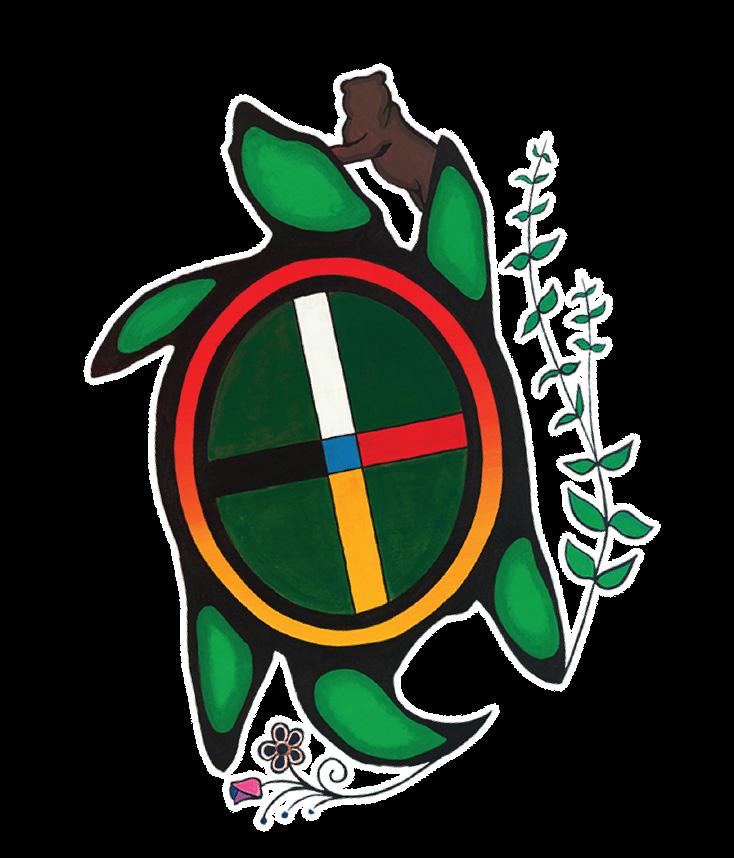

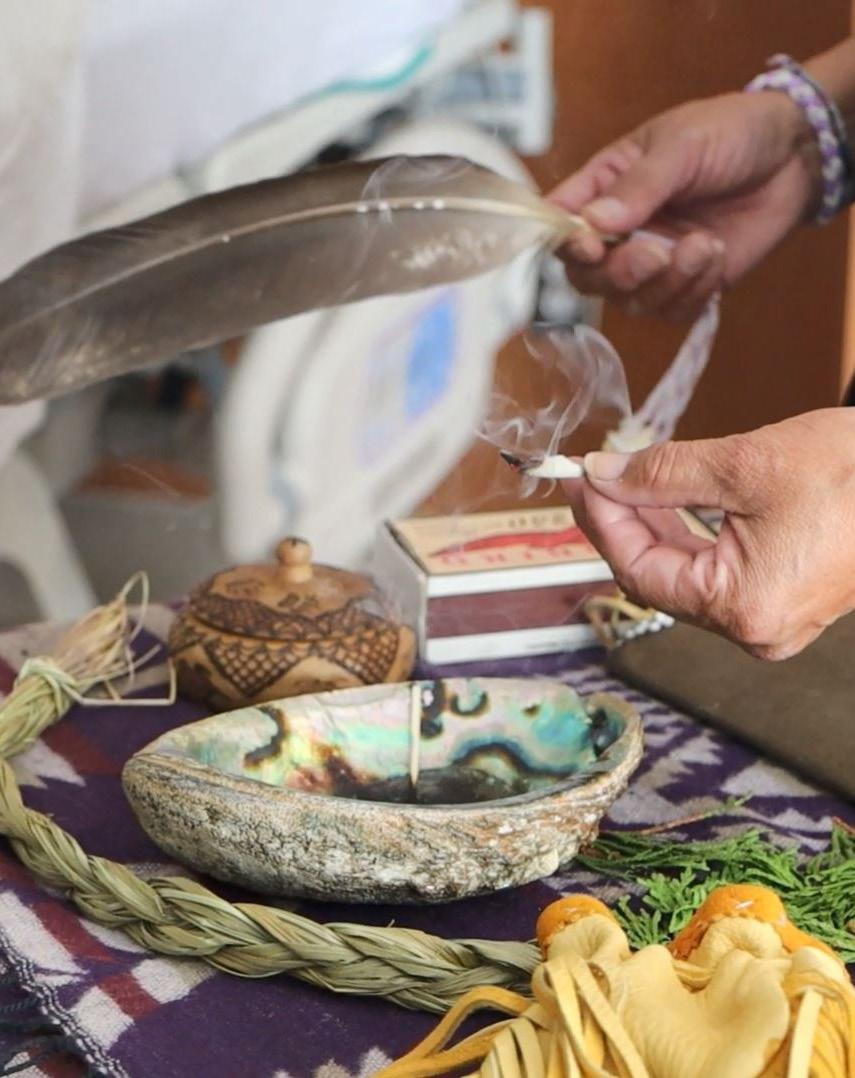

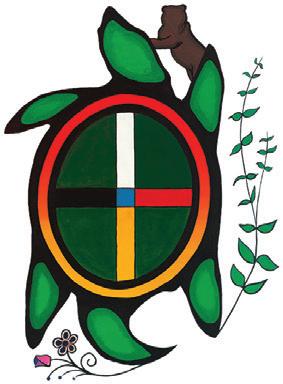






Niagara Health is humbled to share the inaugural Indigenous Health Services and Reconciliation plan. We are grateful to the Indigenous community who led and guided the development of this document. This plan will support the work of the Niagara Health Indigenous Health Services and Reconciliation Team.
The Indigenous Health Services and Reconciliation Team works with patients and staff at Niagara Health to provide services that align with a holistic approach to care. Patientcentered and holistic care means creating a relationship of understanding and trust in order to facilitate the best care experience possible, encompassing all aspects of health—physical, mental, spiritual, and emotional.
Niagara Health has made a commitment to the community to take meaningful action toward reconciliation. Through the implementation of this plan and the ongoing commitment to transparency and accountability, Niagara Health will become an Indigenous Ally Organization.
Respecting the diversity of the Indigenous community and working with its members to provide educational resources, hands-on learning opportunities, and access to Indigenous elders and knowledge holders, our goal is to be able to provide culturally responsive and respectful care.

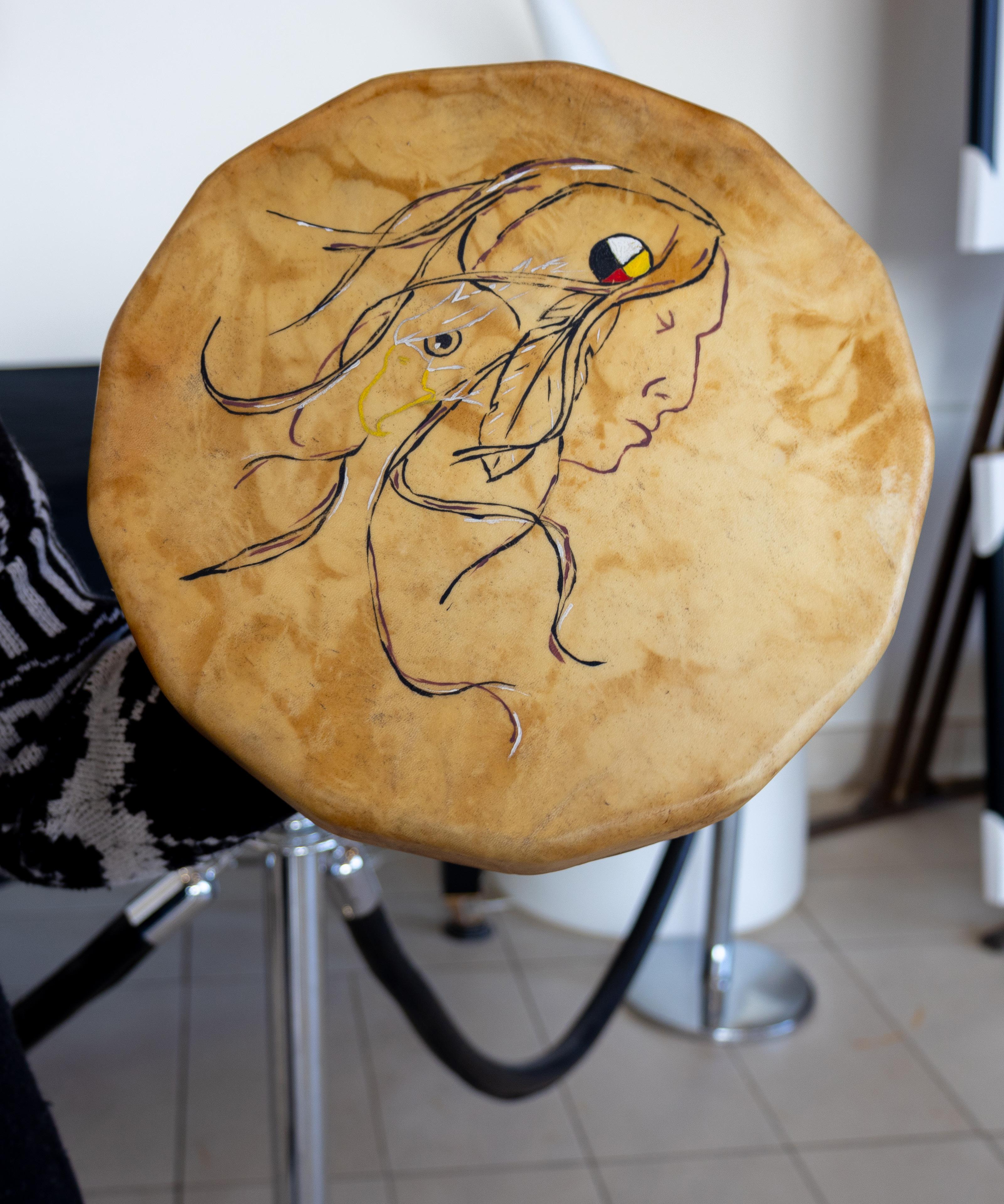

As we embark on this transformative journey, Niagara Health envisions a future where every member of our community feels valued, respected, and supported in their healthcare journey. Our commitment to learning, healing, and change is unwavering as we strive to improve the quality and safety of care for Indigenous patients and their families.
The Indigenous population in Niagara represents 3.0% of the total population. With nearly 500,000 residents and a growing population in the Niagara region, Niagara Health is dedicated to creating a modern and coordinated system of care that revolves around the needs of our patients and their caregivers. Central to this vision is our aspiration to provide an Indigenous-led, culturally safe environment for all Indigenous patients, ensuring that their unique cultural and spiritual needs are supported throughout their healthcare experience
Looking ahead, we are committed to implementing Indigenous-led, culturally inclusive policies and system transformations that prioritize access to traditional medicines and ceremonial practices within the healthcare setting. By honouring Indigenous cultural traditions and practices, we strive to create a healthcare environment where every individual feels seen, heard, and respected.
Together, with our internal and external partners, we are poised to embark on a journey of reconciliation, healing, and transformation. As we forge ahead, we invite you to join us in building an Indigenous-led future where healthcare is a beacon of compassion, equity, and inclusivity for all members of our community.
In shaping our future vision for Indigenous health services at Niagara Health, we draw inspiration from the legacy of Heather Winterstein as a catalyst, accelerating our commitment to meaningful change where every patient and their families have access to compassionate, culturally safe care.



The development of the Indigenous Health Services and Reconciliation plan has been driven by community engagement, ensuring that the voices and perspectives of Indigenous leaders and organizations throughout Niagara are heard and integrated into the future of care at Niagara Health.
The Indigenous Health Services and Reconciliation team conducted a series of large in-person community engagement sessions with various community organizations. These sessions provided opportunities for open dialogue and collaboration, with participants from across Niagara.
In addition to the large sessions, the team conducted individual meetings with key Indigenous community leaders and interested and affected parties. These meetings encouraged deeper discussions and allowed for tailored feedback and input.
The leadership of Indigenous communities played a pivotal role. Their guidance and insights helped shape the direction of the plan, ensuring that it aligns with the needs and priorities of the Indigenous population in Niagara.
Feedback received from the community engagement sessions and one-on-one meetings was instrumental in shaping the plan.
Key themes and recommendations that have been incorporated into the plan include:
• Emphasizing Indigenous leadership in the implementation and execution of the plan.
• Prioritizing community reporting and establishing metrics for measuring success.
• Establishing Indigenous-led programming within the hospital to meet the specific needs of the Indigenous community.
• Creating pathways for education, training, and employment opportunities with increased representation from Indigenous individuals.
• Developing policies to support traditional healing practices.
• Building Indigenous resources and involving the community in the validation of these resources.
• Upholding principles of self-determination, community involvement, and Indigenous-led initiatives throughout the plan's implementation.
Through community engagement and the incorporation of valuable feedback, the plan aims to be a true reflection of the needs and desires of the Indigenous community in Niagara, driving positive change and promoting safe and quality care for all Indigenous patients and families.
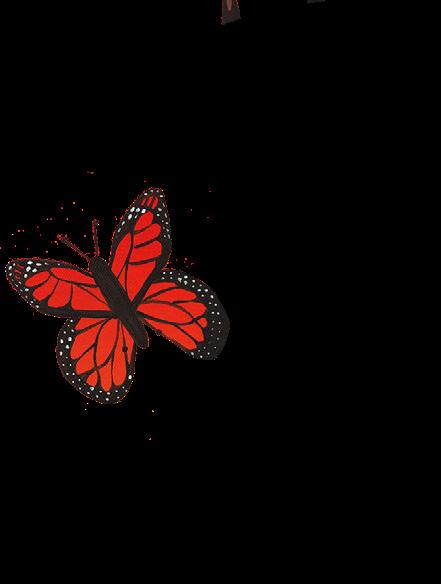
• Empowering partnership development to better support the health-care needs of Indigenous Peoples.
• Creating inclusive spaces that foster culturally safe care to support Indigenous patients and their families.
• Building a team at Niagara Health that acknowledges and respects Indigenous identity, while providing meaningful, culturally safe care.
• Supporting Indigenous patients and families within the hospital.
• Creating Indigenous community-led programming at the hospital.
• Improving community partnerships that enhance care and patient outcomes.
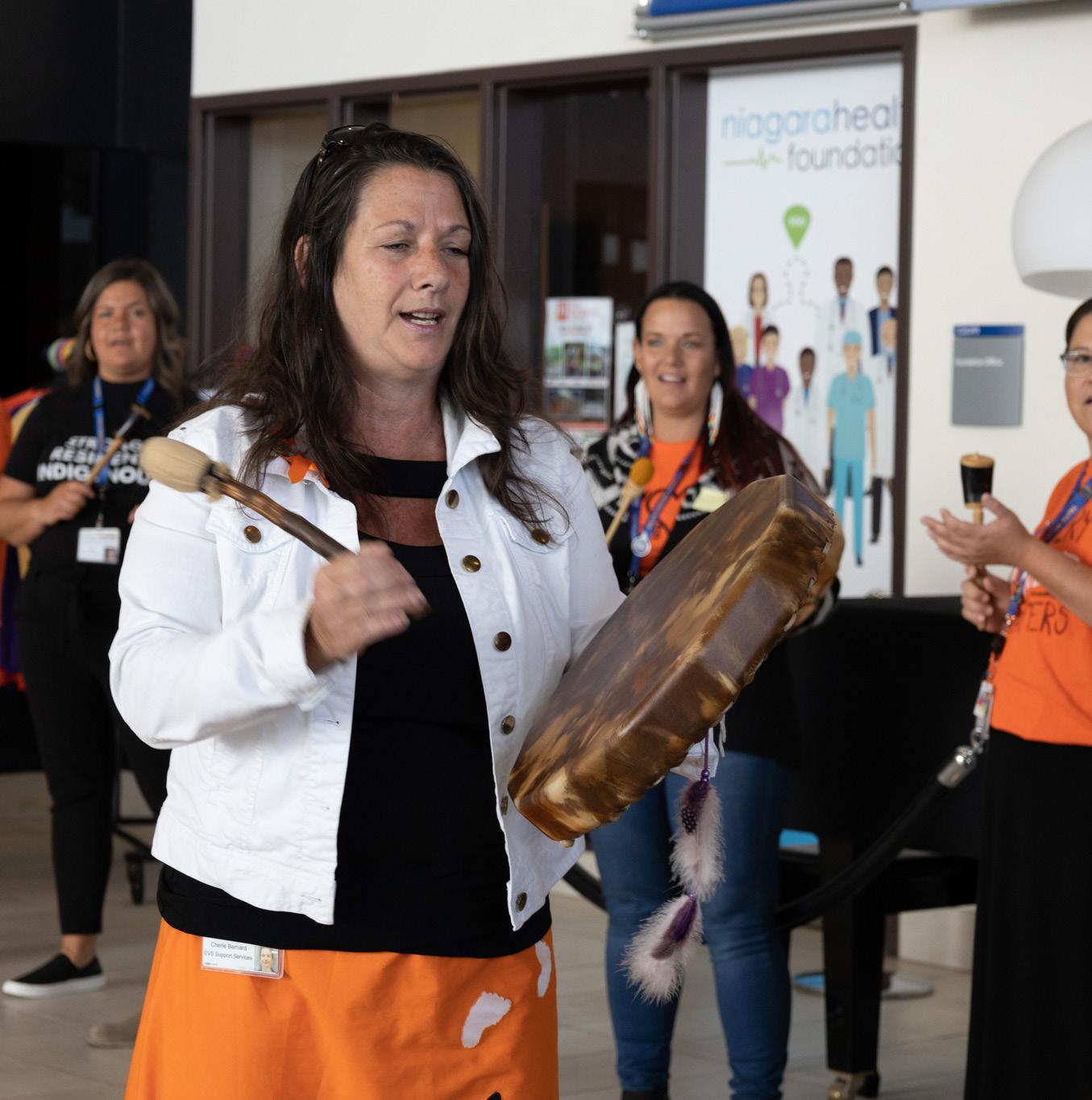
Our Purpose: Extraordinary Caring. Every Person. Every Time. Our Vision: A Healthier Niagara
Our Values inspire us to be extraordinary by guiding our decision making and behaviour.
• Compassion in Action
• Enabling culturally safe care.
• Investing in future generations.
• Building sustainability and trust.
• Driven by Optimism
• Achieving Ambitious Results


Niagara Health is committed to centering Indigenous voices, needs, and perspectives within every aspect of our healthcare services. Through meaningful partnerships with Indigenous communities, creating inclusive spaces for patients, and fostering a culturally safe environment for our staff, we aim to honour Indigenous identities and provide equitable care that values self-determination.
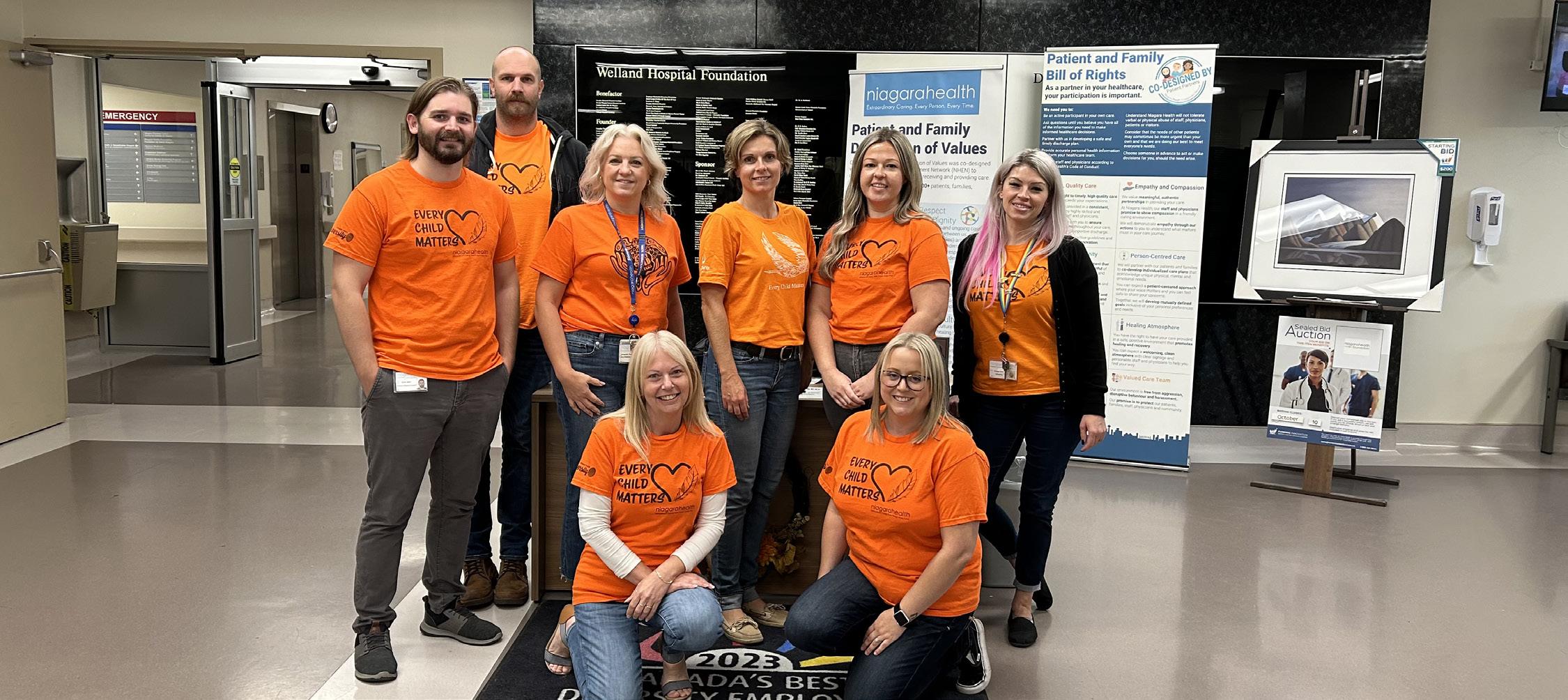
Empowering partnership development to better support the health-care needs of Indigenous peoples
Formalize Partnership with Indigenous Primary Healthcare Council: Establishing a formal partnership with the Indigenous Primary Healthcare Council ensures that Indigenous perspectives and priorities are integrated into our healthcare services, emphasizing the importance of Indigenous care.
Strengthen partnership with Mississauga of the Credit First Nation and Six Nations Health: By deepening our relationships with the Mississauga of the Credit First Nation and Six Nations Health, we ensure that our services are attuned to the specific needs and cultural contexts of these communities.
Identify new partnership opportunities: Continuously seeking new partnership opportunities enables us to expand our reach and collaborate with a diverse range of Indigenous communities to enhance how we provide care at Niagara Health.
Creating inclusive spaces that foster culturally safe care to support Indigenous patients and their families
Create inclusive spaces that foster culturally safe care: By establishing safe and welcoming spaces tailored to Indigenous needs, such as healing gardens and Indigenous wellness rooms.
Indigenous Health Services and Reconciliation Team: Building a specialized team dedicated to improving access for Indigenous patients to receive care that is culturally responsive and respectful.
Engage Indigenous patient partners: Collaborating with Indigenous patient partners allows us to incorporate their perspectives into our service design and delivery, nurturing a sense of belonging and trust within the Indigenous community.
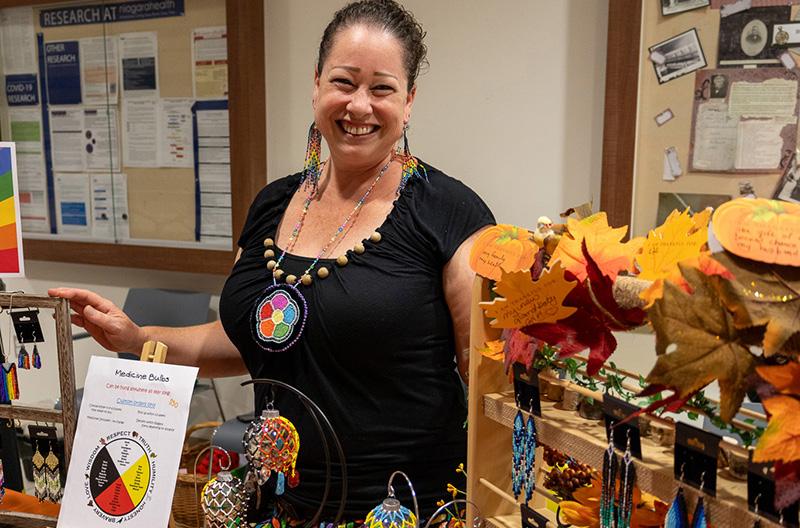
Building a team at Niagara Health that acknowledges and respects Indigenous identity, while providing meaningful, culturally safe care
Provide staff education and training on cultural safety: Equipping our staff with cultural safety training ensures that they possess the necessary knowledge and skills to deliver care that respects and honours Indigenous identities and cultural practices.
Recruitment and hiring of Indigenous staff, physicians, and volunteers: Recruiting and retaining Indigenous staff, physicians, and volunteers strengthens our organization’s cultural competency and enhances our ability to provide culturally safe care.
Participate in the Regional Indigenous Anti-Racism Advisory Committee: By engaging in regional initiatives aimed at addressing racism within healthcare, we demonstrate our commitment to promoting equity for Indigenous peoples and striving against systemic inequalities.
As part of Niagara Health’s continued efforts towards promoting a culturally safe environment, Indigenous artwork was unveiled at an event at the St. Catharines hospital. The piece, by Indigenous artist Delbert (JayR) Jonathan, incorporates a depiction of Turtle Island with the medicine wheel in the centre. The medicine wheel is a symbol recognizable to many nations and portrays the importance of balance among mental, emotional, physical and spiritual health.
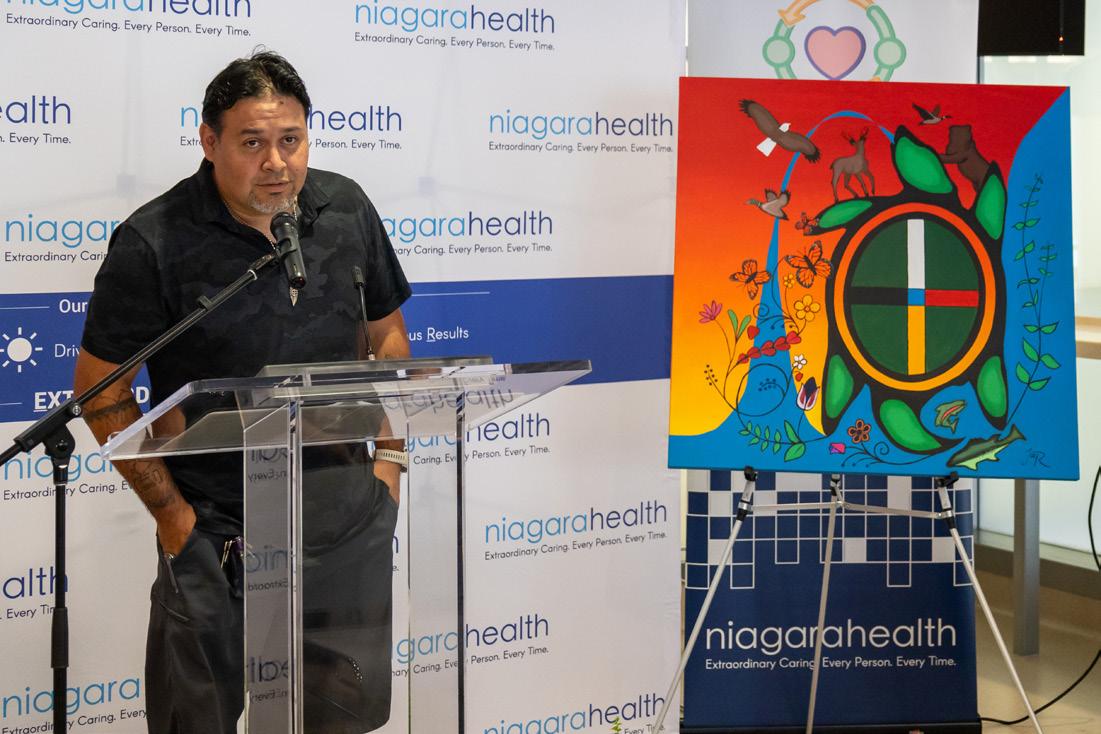

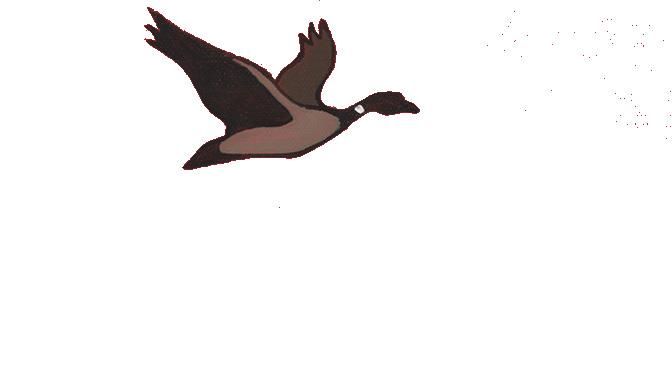
Niagara Health is dedicated to providing healthcare services that prioritize the safety, well-being, and cultural needs of Indigenous community members. Through a range of actions aimed at supporting Indigenous patients within the hospital, creating community Indigenous-led programming, and strengthening partnerships with external organizations, we aim to enhance the quality of care provided to Indigenous individuals and families.
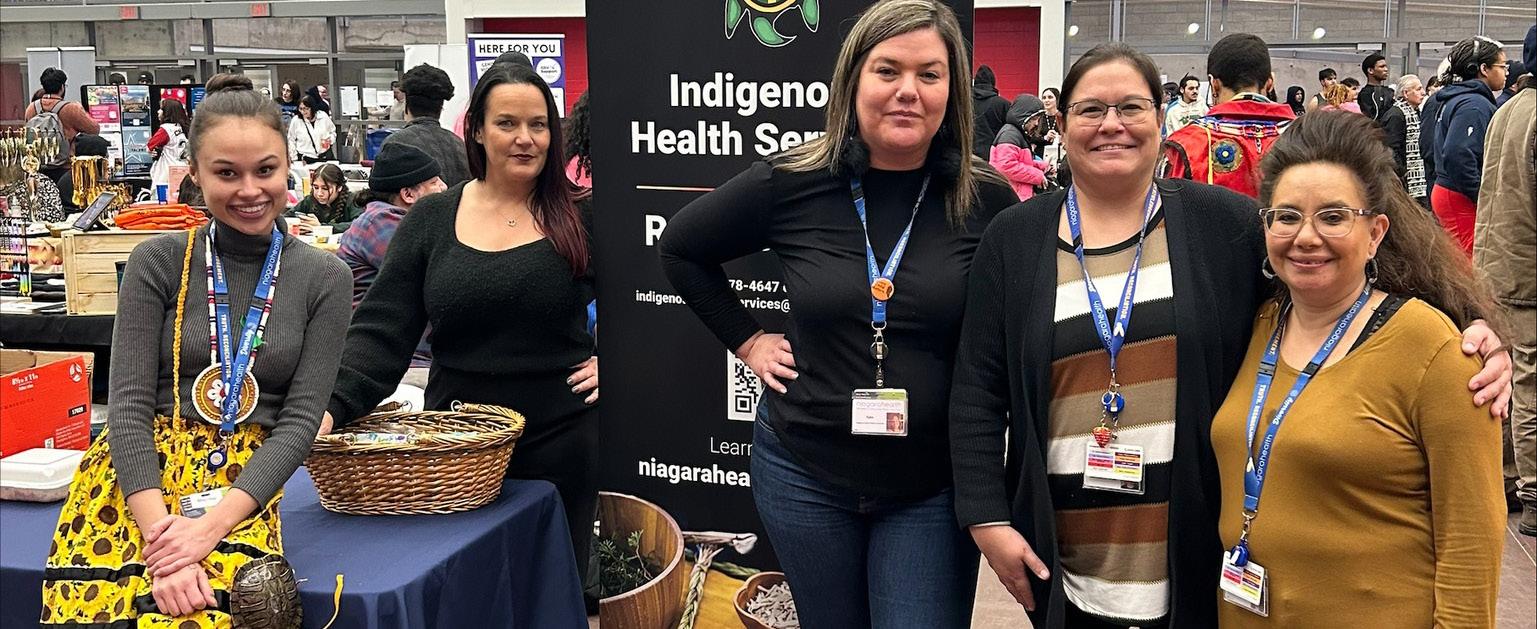
Implement recommendations from the Emergency Department Assessment Panel: By implementing strategies to educate and support the Emergency Department and hospital staff, including the Indigenous Health Services and Reconciliation team with Indigenous patients, and increasing visibility by adding resources and banners in the ED, we ensure staff continue to provide compassionate care with appropriate cultural supports, thereby enhancing the overall experience for Indigenous patients.
Provide culturally safe and traditional practices for Indigenous seniors and palliative care: Connecting Indigenous seniors and palliative care patients to the Indigenous Health Services and Reconciliation team while respecting and honouring Indigenous cultural practices during times of vulnerability and transition.
Train and educate the Women, Babies and Children program to support cultural practices: To educate staff about traditional practices during the time of birth and spread awareness about the ongoing impact of Indigenous child welfare and family protection services.
Support the transfer of care from Indigenous trained midwives into Niagara Health: Facilitating the transfer of care from Indigenous trained midwives into our healthcare system ensures culturally appropriate care for Indigenous mothers and promotes self-determination during their health care journey.
Offer Indigenous-led healing sessions to provide comfort and relief for patients and families: Providing Indigenousled healing circles and traditional medicines offers patients and families opportunities for spiritual and emotional support, aligning with Indigenous holistic approaches to healing and well-being.
Organize Indigenous traditional activities for the community and Niagara Health team to participate: Organizing Indigenous engagement fosters cultural connection and understanding within our healthcare community while providing opportunities for Indigenous patients and community members to engage in cultural practices.
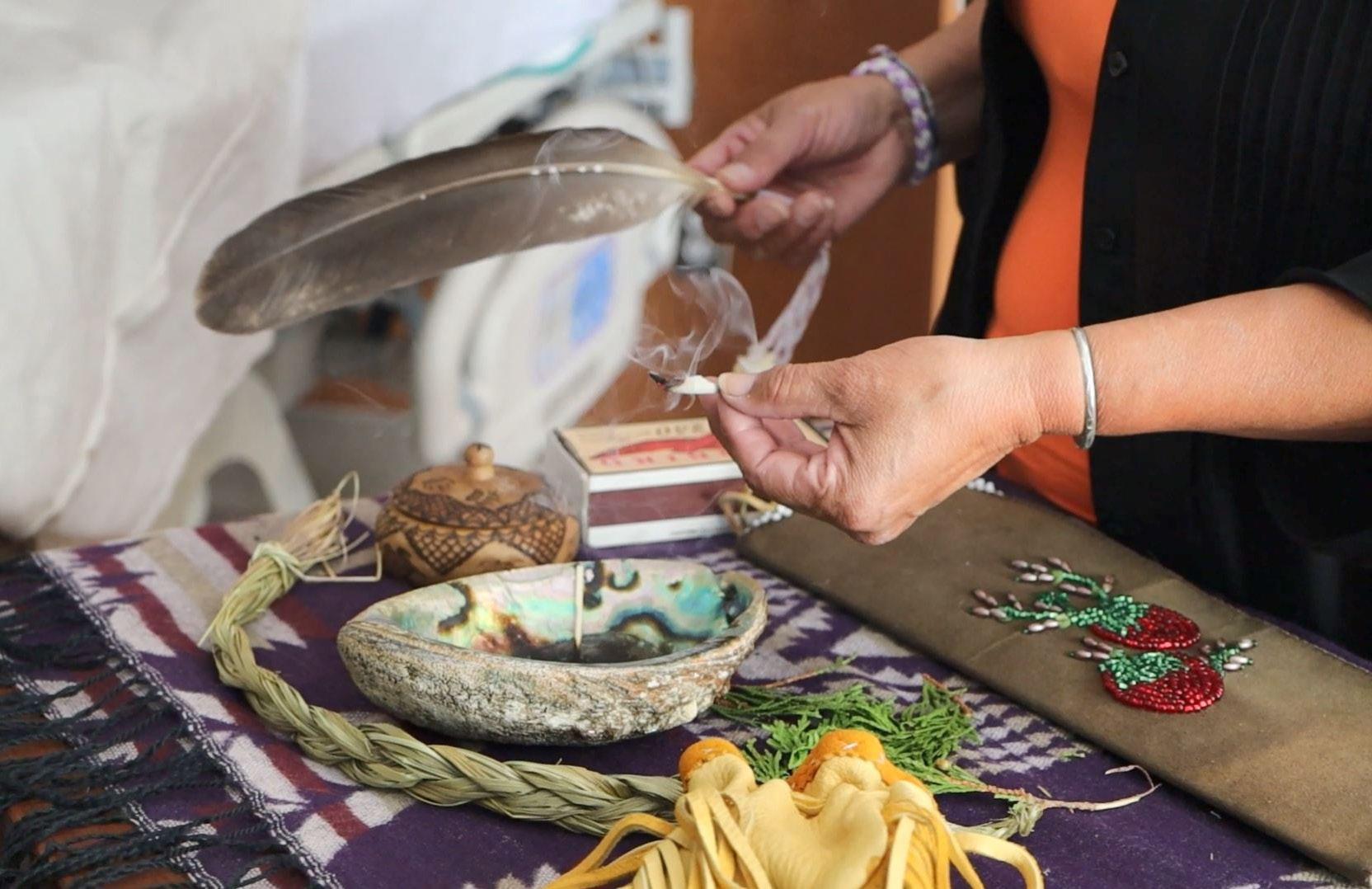
Create pathways to support transition out of the hospital: By ensuring continuity of care and facilitating access to community resources, we support patients' transition out of the hospital, promoting holistic well-being beyond hospital walls.
Increase access to traditional mental health and addictions programs and services within the hospital: By addressing the unique needs of Indigenous individuals and families, we promote healing and recovery within culturally appropriate frameworks by increasing access to traditional mental health and addictions programs and services, and support transition to Indigenous mental health and addictions programs in the community.
Continue to support and develop relationships with the NOHT - ESON: Strengthening partnerships with external organizations such as the NOHT - ESON enables us to collaborate effectively and leverage resources to enhance healthcare services for Indigenous communities.
Traditional smudging, an Indigenous healing practice, is performed by many Indigenous People and is an important cultural and spiritual practice involving the burning of small amounts of sage, and occasionally other sacred medicines, including cedar, sweet grass and tobacco. To provide culturally and spiritually appropriate care to Indigenous patients and their families, Niagara Health introduced a smudging policy that enables Indigenous patients or family members with smudging at any time across all sites.
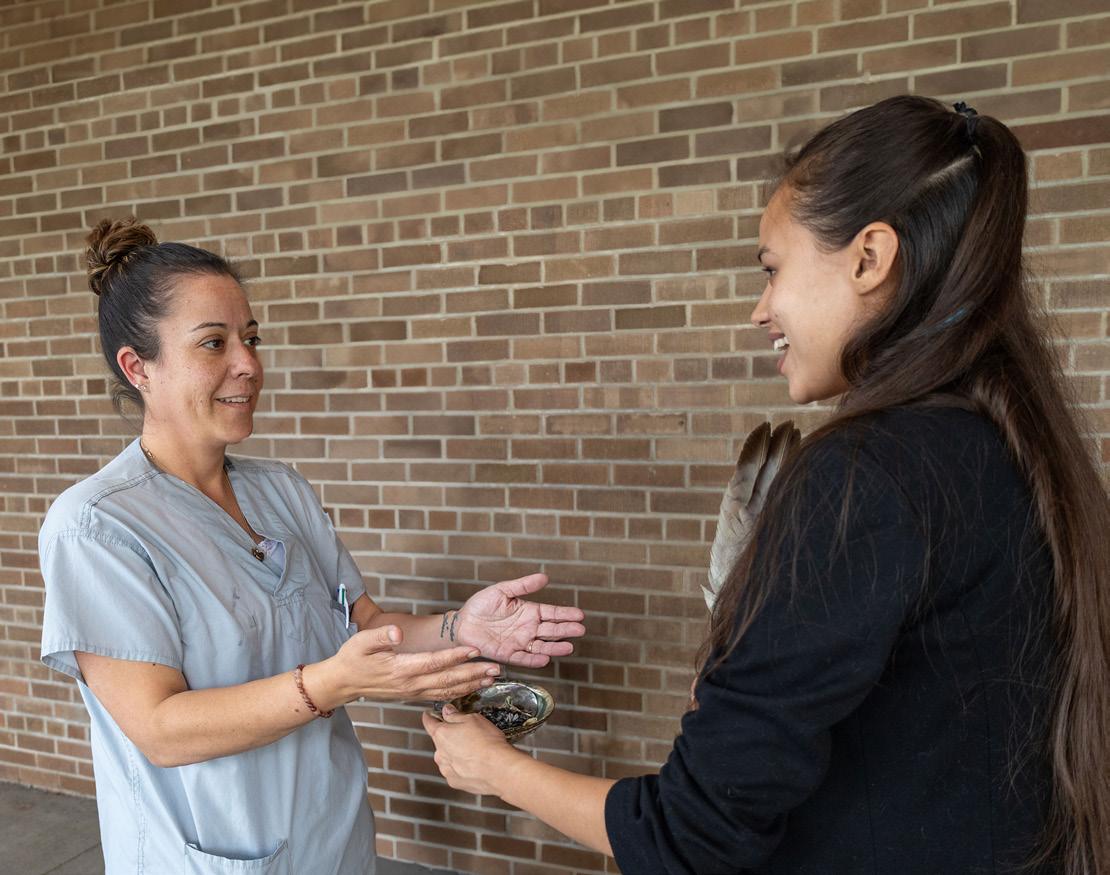


Niagara Health is committed to promoting a healthcare environment that is culturally safe, invests in future generations, and builds sustainability and trust through transparent and accountable practices. Through a series of transformative actions, we aim to re-align our organizational culture and operations to better serve Indigenous communities.
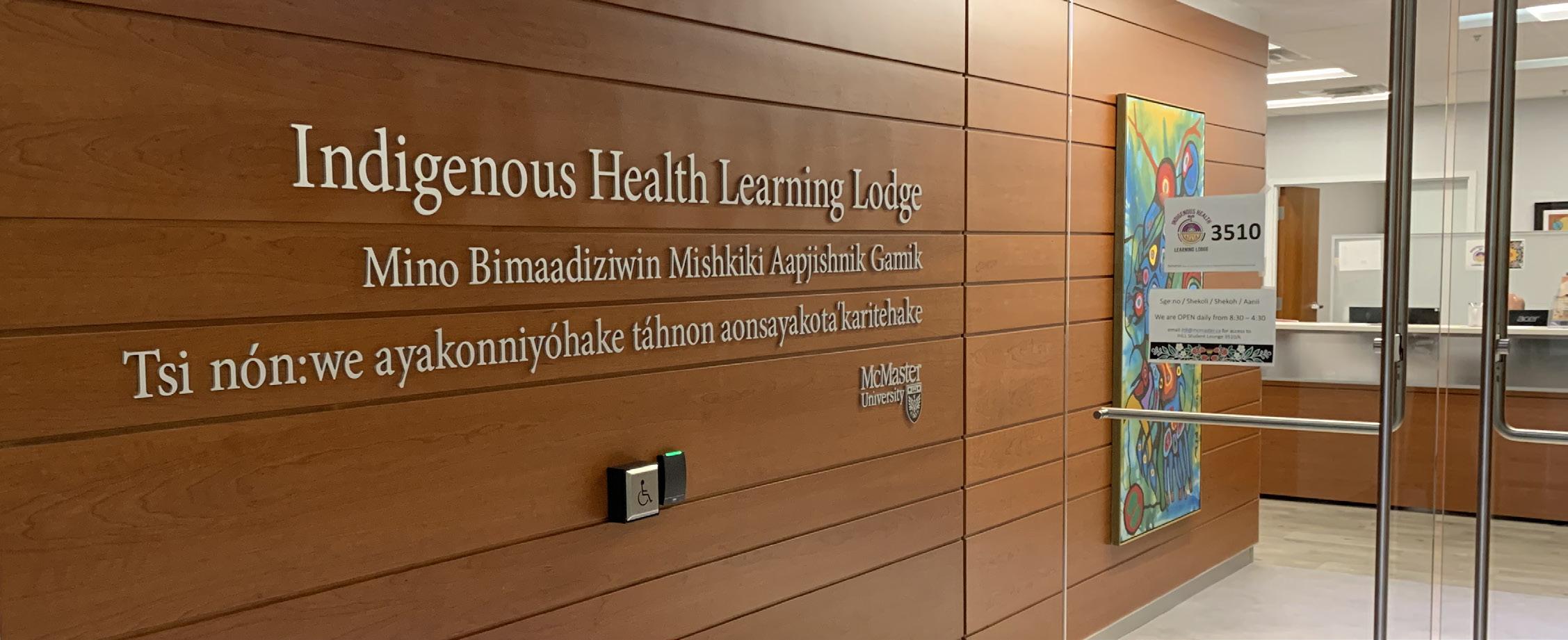
Create and implement policies to support cultural and spiritual practice: By establishing policies such as the Indigenous Ceremonial Practice Policy and implementing practices like Talking Circles and access to Elders and traditional knowledge keepers, we ensure that our care environment is culturally safe and respectful of Indigenous traditions and beliefs.
Collect data on race and Indigenous identity to support appropriate care: By collecting data on race and Indigenous identity, we can better understand and address the unique healthcare needs of Indigenous populations, thereby enhancing the quality and effectiveness of care.
Celebrate Honouring Truth and Reconciliation Month: Demonstrating our commitment to truth, healing, and reconciliation, we acknowledge and celebrate Honouring Truth and Reconciliation Month. This observance serves to raise awareness, promote dialogue, and reaffirm our dedication to fostering reconciliation within our organization and the broader community.
Seek out opportunities for social procurement: By seeking partnerships with Indigenous organizations and committing to purchasing from Indigenous suppliers, we contribute to economic empowerment and support the growth and sustainability of Indigenous communities.
Partner with academic organizations to build healthcare capacity and skills: By collaborating with academic institutions such as Six Nations Polytech, we invest in building healthcare capacity and skills among Indigenous students and learners, empowering future generations of Indigenous healthcare professionals.
Maintain collaboration with the Indigenous Advisory Committee for the South Niagara Hospital and broaden involvement across NH Committees: By continuing to engage with the SNH Indigenous Advisory Committees and increasing Indigenous representation across all Niagara Health Committees, we ensure that Indigenous perspectives are integrated into decision-making processes and organizational governance.
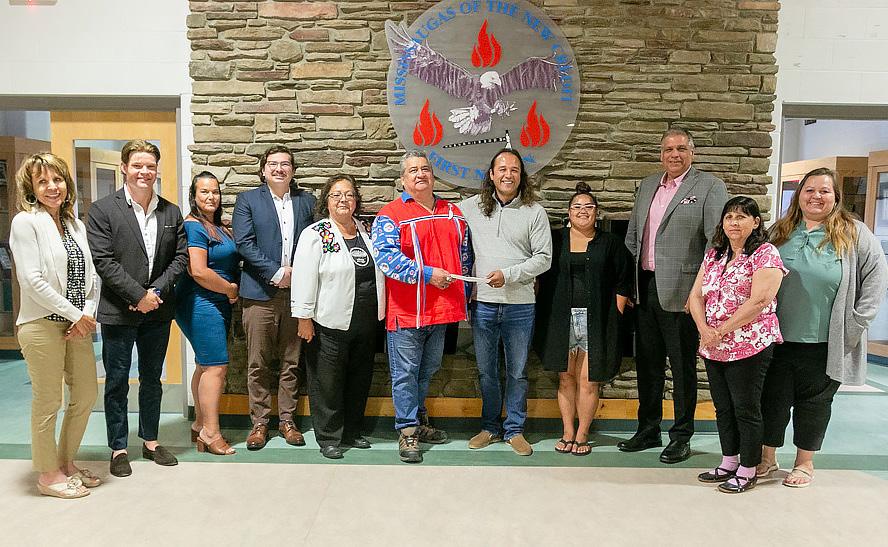
Building sustainability and trust:
Commitment to transparent progress reporting: Our dedication to publicly report on our progress towards Indigenous health services and reconciliation with Indigenous communities will help nurture accountability and trust. This commitment strengthens partnerships and encourages meaningful collaboration.
Promote and educate the Niagara community on Indigenous health services available: Raising awareness and providing education about the Indigenous health services accessible at Niagara Health, we aim to empower Indigenous community members to confidently access healthcare services, ultimately promoting their overall wellbeing and improving their health outcomes.
Improve the patient relations process for Indigenous patients and families: By enhancing the patient relations process to be person-centred while integrating holistic approaches and sensitivity to the needs of Indigenous patients and families, we demonstrate our commitment to addressing concerns and improving healthcare experiences at Niagara Health
Working in partnership with Medical, Surgical and Safety Supplies (MSS) Ltd., a Certified Aboriginal Business and social enterprise based in Hay River, NWT, Niagara Health was the first hospital in Canada to receive a shipment of Indigenous-supplied medical gloves. Proceeds from the ongoing purchasing of MSS gloves enabled the business’s social enterprise arm, Turtle Island Health and Research Society, to donate
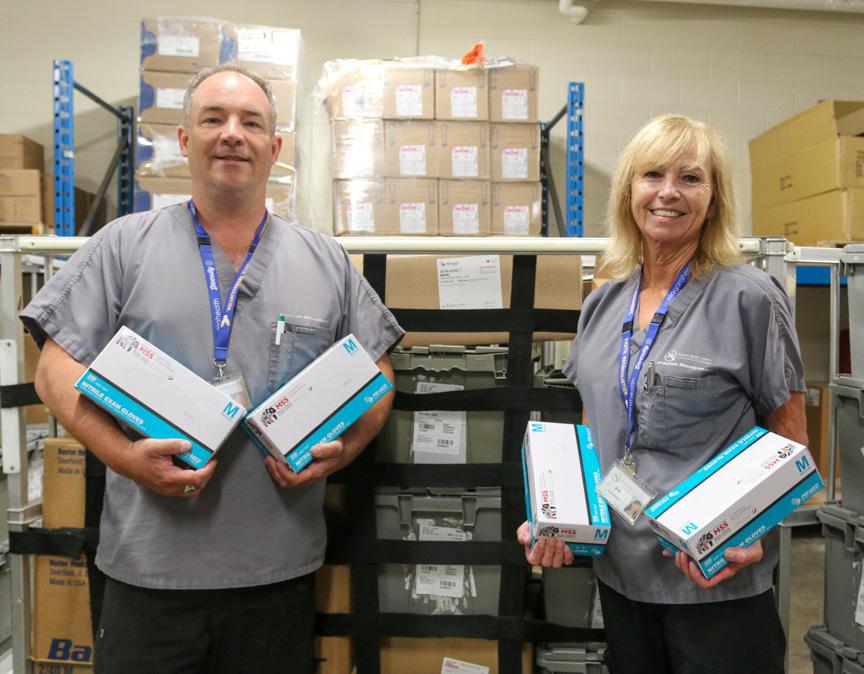

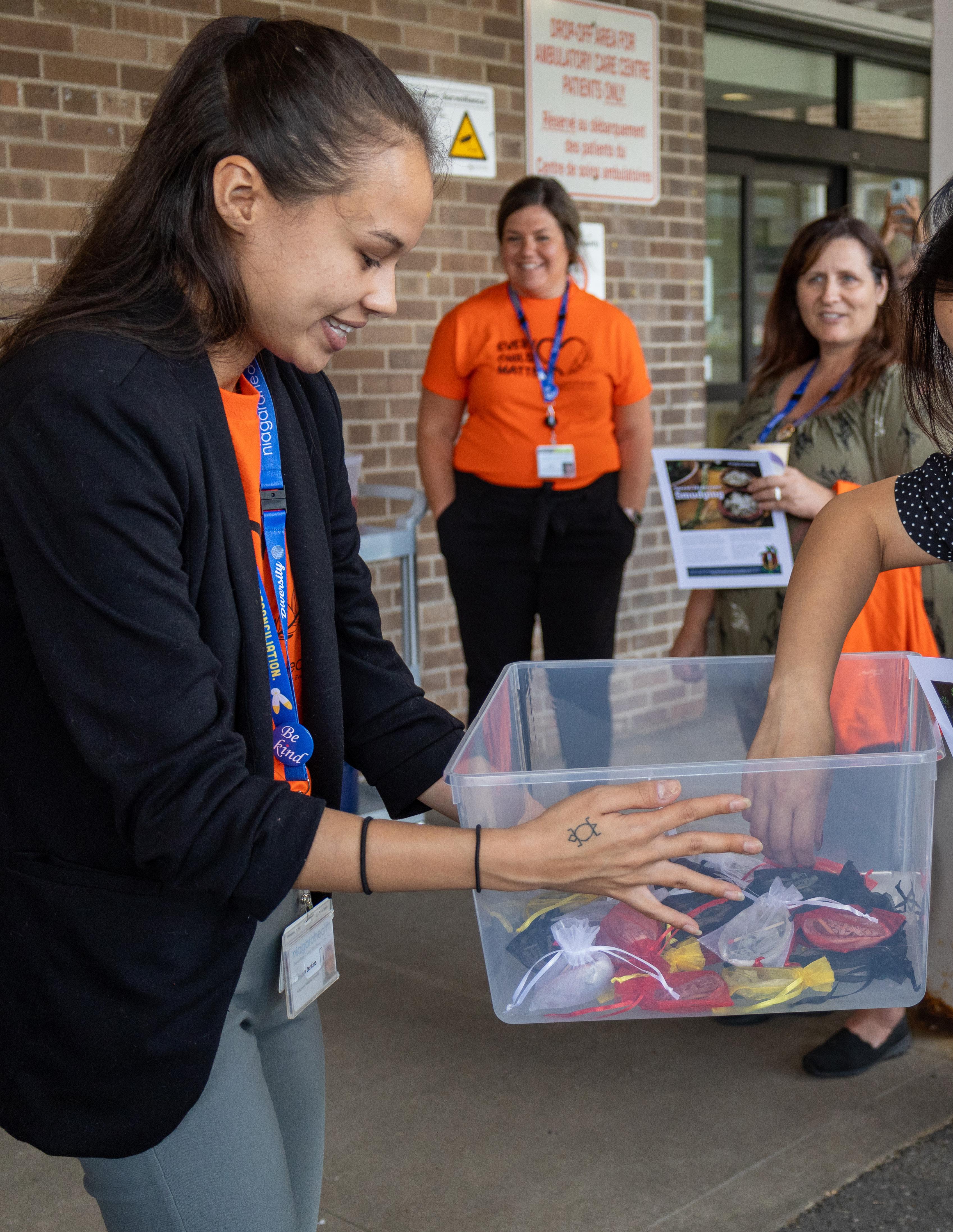
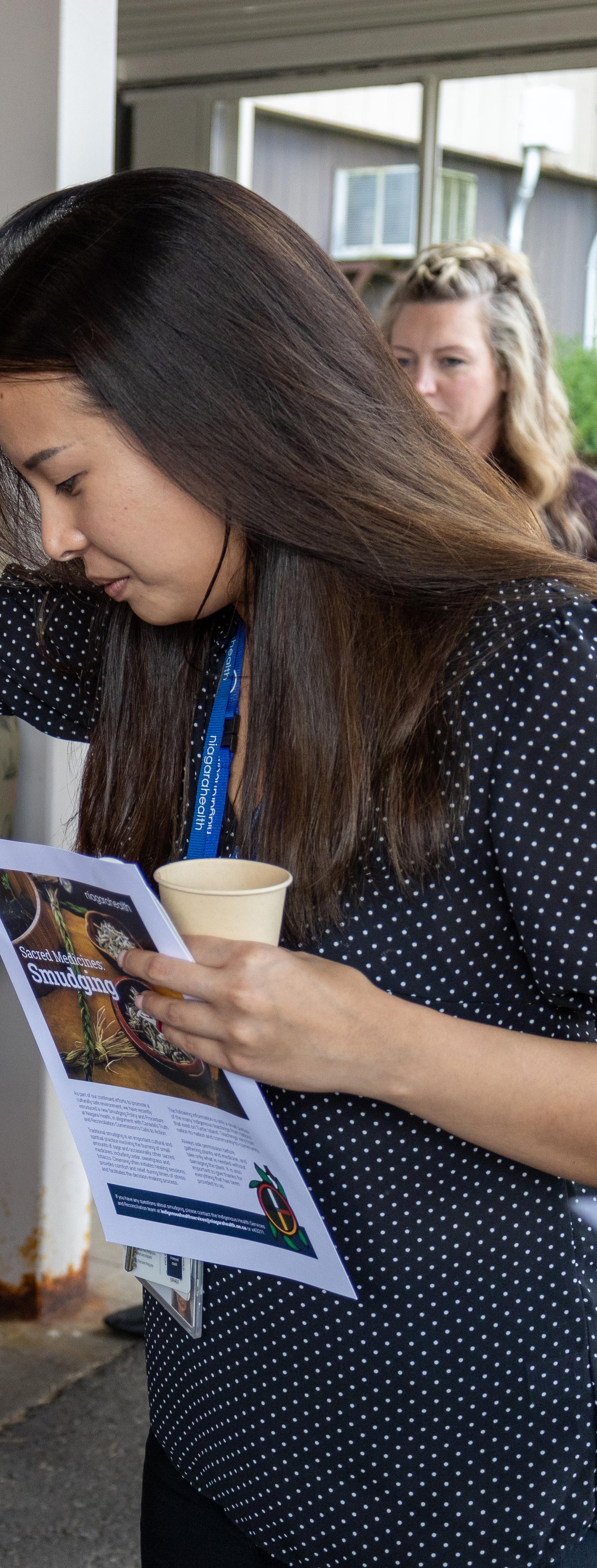

At the heart of our commitment to better support Indigenous patients and their families lies the Indigenous Health Services and Reconciliation team. Each member of the team is from the Indigenous community of Niagara and bring a wide range of experience working on behalf of the community. Comprised of dedicated individuals, this team is at the forefront of planning and implementing practices and services that promote a culturally safe environment and the delivery of high-quality healthcare. They identify and act on priorities to ensure inclusive, equitable, and compassionate healthcare journeys for Indigenous patients and their families. Through their tireless advocacy, guidance, and recruitment efforts to ensure Indigenous representation within our organization, we are confident in our ability to drive meaningful change and advance our shared goal of equitable and inclusive healthcare for all. The team will continue to serve the community within Niagara Health.

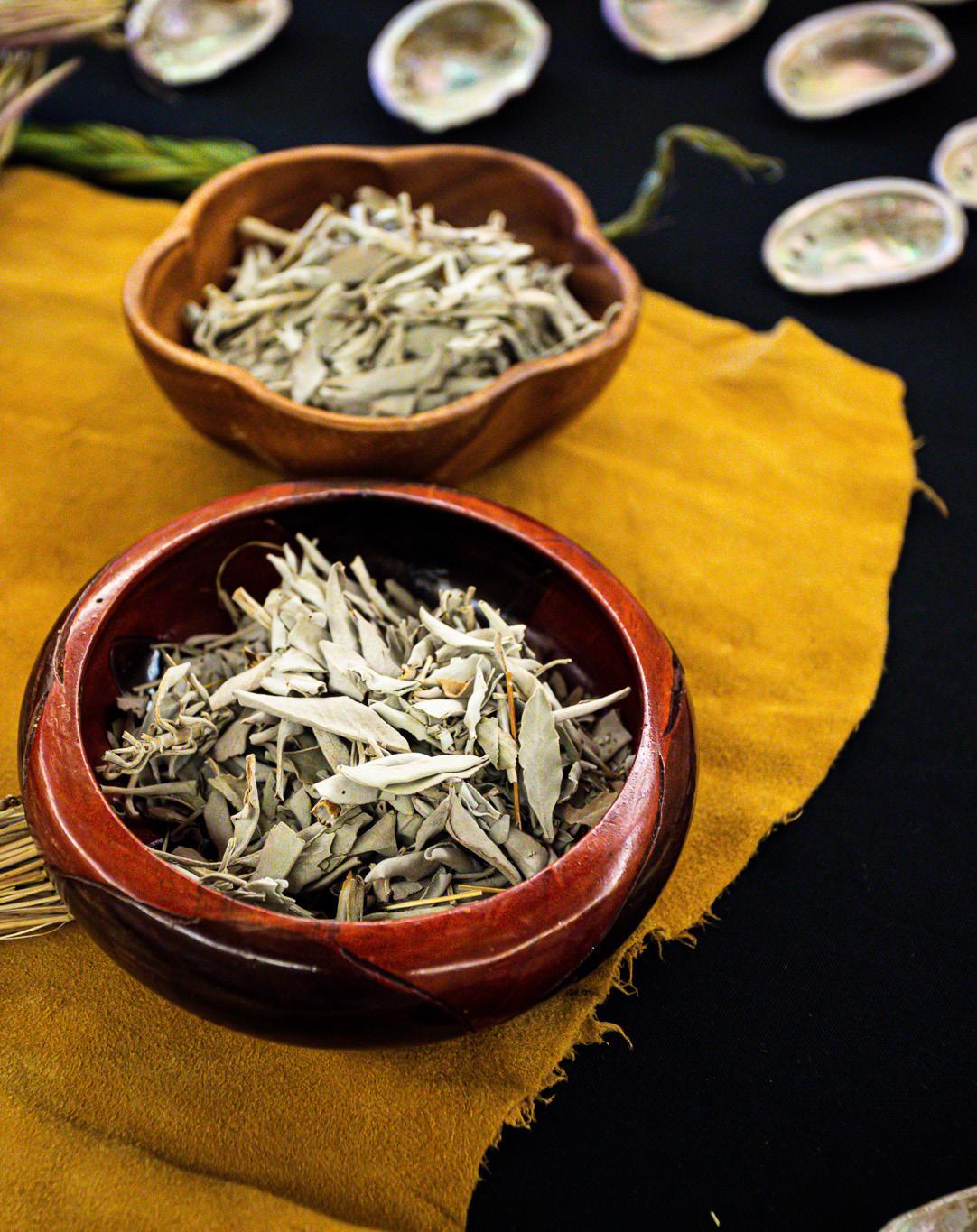
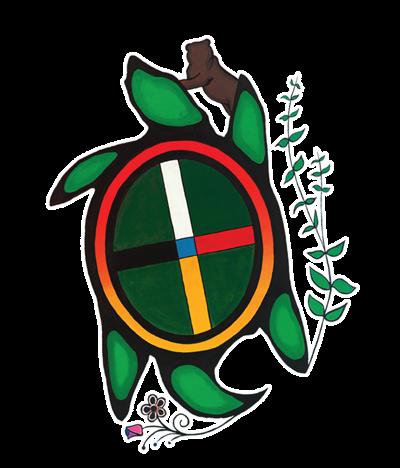
Health Services and Reconciliation